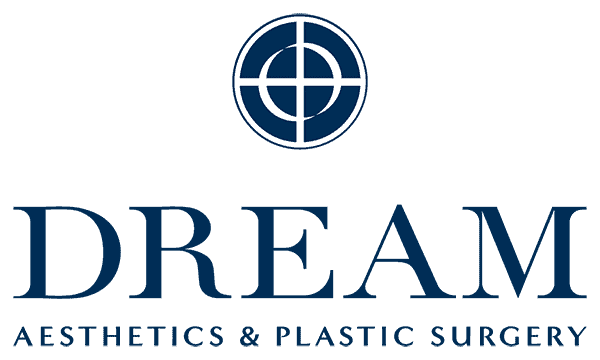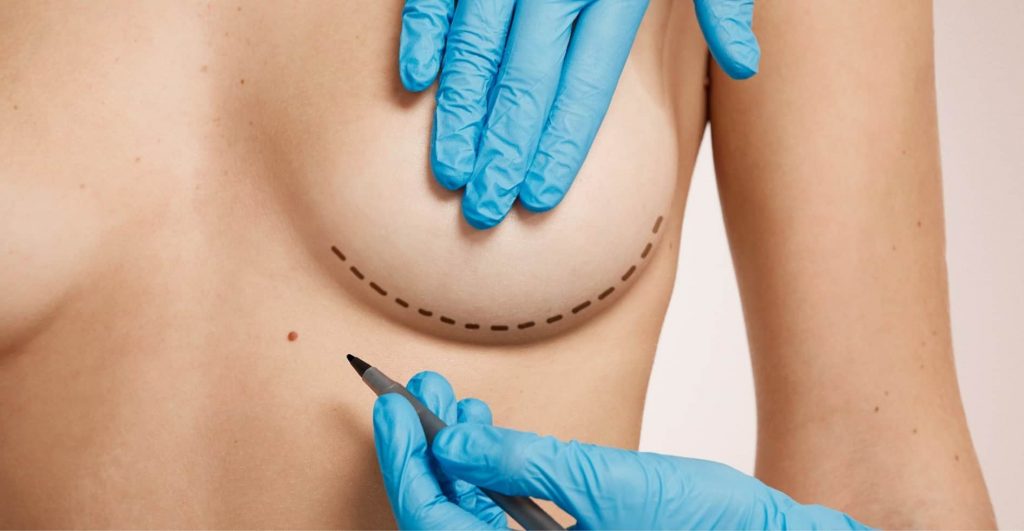Breast implant surgery is one of the most common and popular cosmetic surgeries in the modern-day and age. More women are undergoing procedures to implant breast prosthesis for cosmetic or reconstructive purposes, with more than 10 million having breast implants worldwide.
Breast augmentation is a cosmetic surgical procedure aimed to change the form, shape, and appearance of the breasts. This surgery involves the implantation of breast prosthesis underneath the chest muscle or tissue.
While in most cases, women generally don’t face any problems, but there are certain risks associated with this procedure. A representative of the Food and Drug Administration (FDA), U.S., Stephanie Caccomo, reported that about 1% of patients undergoing breast augmentation experience complications.
However, if you are considering breast implant surgery, you should acquaint yourself with the essential details regarding this procedure. You need to have adequate knowledge and understanding about this cosmetic procedure to make a well-informed decision. Continue reading to learn about the types of breast implants and whether they are safe for you in the long run.
Are Breast Implants Safe?
Breast implant surgery is considered a safe procedure in general, without needing any post-operative maintenance at least for ten years. Like with every other surgical procedure, there are some side effects and risks associated with breast augmentation. These include soreness and increased sensitivity in the breasts with some bruising or swelling. Swelling might last for a few weeks. Other complications are rare and include infection, wound healing problems, hematoma, and formation of scar tissues.
However, there is a media hype about Breast Implant Illness (BII) and Breast Implant Associated-Anaplastic Large Cell Lymphoma (BIA-ALCL) sending off women who have undergone or are considered to go for breast augmentation in bewilderment. As media hysteria is a great way to disseminate misinformation, it is always great to cross-check the information before resorting to making any personal opinion. Because breast implant surgery is currently a very hot topic, so the safety of breast implants is equally relevant among people who are thinking of undergoing a breast augmentation procedure. Researchers have put time and effort to question the level of safety of breast augmentation.
A 2019 study reported that the lymphoma of the breasts due to implants is a fatal but fairly rare tumor of the immune system. It is a type of cancer that progresses within the breast implant and the scar tissue formed around it, rather than growing cancer in the breast cells.
ALCL is said to occur due to both cosmetic and reconstructive surgery, but that occurs after 13 to 14 years of prostheses implantation in most cases (95%).
A 2017 Research by an international group of Specialist Plastic Surgeons showed that one in 4,000 patients might get ALCL from their breast implants.
Moreover, studies have shown that all the reported cases of ALCL caused by breast implants in Australia and New Zealand occur in patients who have a history of rough textured-surface breast augmentation. According to evidence, it is thought that lymphoma associated with breast implants does not develop due to the contents of the implant or its shape.
Breast Implant Illness
As for Breast Implant Illness, no discrepancy has been established between the types of breast implants and the likelihood of a patient developing an autoimmune response to the medical devices being inserted.
In the past, studies have shown that there is a link between silicone and systemic disease. However, these studies had either poor design quality or found no concrete evidence; thus, these findings are still unclear.
What Does the FDA Say About Breast Augmentation?
The U.S. medical authorities have revisited the safety of breast implants with an ongoing discussion about their effect on health. The Food and Drug Administration (FDA) conducted a meeting with its expert panel to compile the latest findings of the risks of health issues and complications caused by the devices used since the mid-1960s. The FDA has maintained its stance that implants are fundamentally safe as long as women comprehend to face complications, like scarring, pain, swelling, and potential rupture.
Most of the cases diagnosed with breast implant-associated anaplastic large cell lymphoma (BIA-ALCL) have been found to have rough textured surface breast implants, meant to decrease scar tissue and slippage.
The FDA has established that it is not clear if the cancer is exclusively related to textured implants or is also associated with smooth implants.
The disease is stated to have a slow progression, so it can generally be successfully treated by removing the implants from the body of the patient.
Many women have experienced conditions like rheumatoid arthritis, chronic fatigue, and muscle pain. Thus, the FDA is directed to ask manufacturers to provide standardized risk disclosure information to women considering breast implants.
With the pre-existing evidence, researchers have also hypothesized that the silicone leaks from implants can trigger immune system responses or disorders in some patients. The FDA withdrew silicone implants from the market in 1992 because of doubts about the risk of breast cancer, lupus, and other associated disorders. However, this was reversed as the studies ruled out most of the diseases that were connected to breast implants and returned them to the market in 2006.
Subsequently, the FDA has pronounced on its website that there is seemingly no connotation between breast implants and long term, incapacitating diseases, such as connective tissue disease.
The FDA continuously investigates the health effects of certain materials used in breast implants, metal hip devices, etc. and explores if people may be predisposed to immune-inflammatory reactions due to prosthetic devices.
Choosing A Board-Certified Plastic Surgeon
Whether you end up going for a breast implant surgery or just buying a pair of push up bras is completely a personal choice. However, if you decide to opt for a surgical procedure for breast augmentation, it is very important to choose a specialist and board-certified plastic surgeon who has plenty of experience in this field.
Dream Plastic Surgery has trained and friendly staff who will guide you about the cosmetic procedure and clear your doubts and queries about it. You can book appointments to discuss the procedure, potential cost as well as post-operative care routine. Our board-certified plastic surgeons have performed countless cosmetic procedures on hundreds of patients over the years with maximum customer satisfaction.
About Dream Aesthetics and Plastic Surgery
Bespoke surgical for cosmetic or medical reasons is what Dream covers to bring out the beauty in every individual. Going beyond the aesthetics and working on physical anomalies are what we value the most in leading our patients to cherish self-improvement and confident lifestyles.
Derived from Associate Professor Vincent Yeow’s long-standing experience performing plastic surgery in Singapore, our treatment plans deliver physical remodelling in our patients’ favour. One of the notable remodellings is droopy eyelid correction. The ptosis surgery used for treatment eventually fixes drooping eyelids, improves vision and enhances appearance.
Most importantly, as a trustworthy plastic surgery and aesthetic clinic, we treasure positive and natural outcomes for each individual. We will ensure to deliver the beauty refinement of your dream without compromising your safety and privacy.







